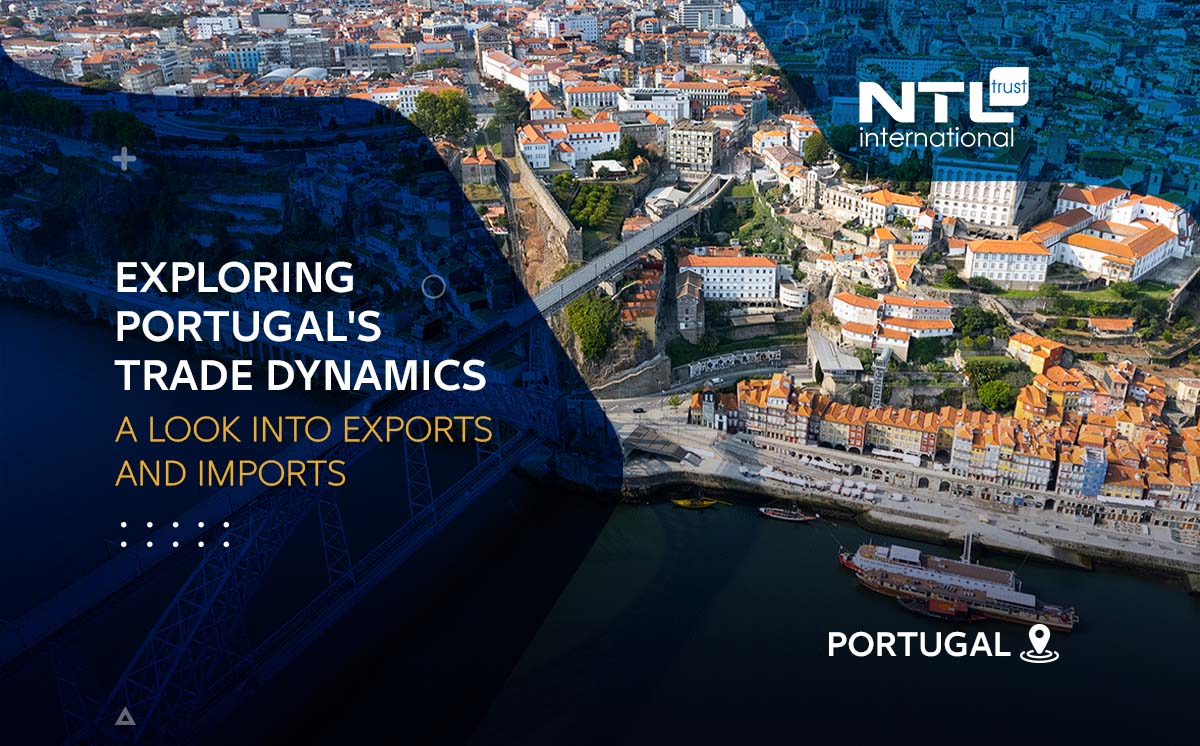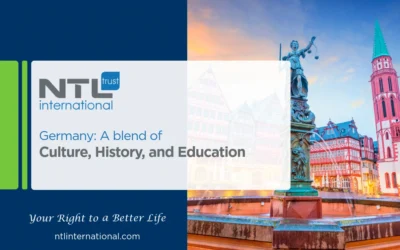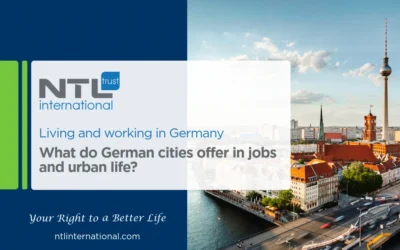
Imports and Exports in Portugal contribute significantly to the country’s economic growth and stability, in addition to its strategic location and active economic environment. Investors who have Golden Visa or D2 Visa in Portugal may wish to seize the opportunity and open an investment project in one of the European countries, so this article provides suggestions for investment and economic projects based on the resources available in both Imports and Exports in Portugal.
Imports and Exports in Portugal:
What raw goods does Portugal export?

- Cars and spare parts: Portugal has emerged as a major exporter of cars and auto parts, with companies such as Volkswagen and Peugeot Citroën having significant manufacturing operations in the country. The automotive sector benefits from Portugal’s skilled workforce and advanced manufacturing capabilities.
- Clothing and Textile: The textile and clothing industry is another important export sector for Portugal. Known for their high quality products and innovative designs, Portuguese companies export a wide range of products including clothing, home textile and technical textile to markets around the world.
- Cork products: Portugal is the world’s largest producer of cork, exporting cork products such as seals, flooring and insulation materials to various countries.
What goods are imported into Portugal?

For investors who are looking for an opportunity through Imports and Exports in Portugal, they should take a look at the advantages offered by investment projects in Portugal, including:
- Energy: Portugal relies heavily on imports to meet its energy needs, including oil, natural gas, and coal. The country is actively investing in renewable energy sources such as wind and solar to reduce its dependence on fossil fuels and enhance its energy security.
- Machinery and Equipment: Portugal imports a wide range of machinery and equipment for various industries including manufacturing, construction and agriculture. Machinery imports help support the country’s modernization efforts and increase productivity in various sectors.
- Food Products: Despite being a country with important agricultural production, Portugal imports some food products to meet domestic demand and supplement local offers. Food imports include cereals, meat and processed foods from EU member and non-EU member states.
Advantages of investing based on Imports and Exports in Portugal:
For investors who are looking for an opportunity through Imports and Exports in Portugal, they should take a look at the advantages offered by investment projects in Portugal, including:
Portugal’s strategic location as a gateway to Europe, Africa and the Americas provides access to diverse markets and trade routes.
The stable political environment, skilled workforce and business-friendly environment have made the country an attractive investment destination.
Advantages of obtaining investment residency to promote investment projects:
Portugal Golden Visa gives investors and their families the right to live, work and study in Portugal, as well as access to the Schengen Area, facilitating travel and business opportunities throughout Europe. It is one of the programs that we offer at NTL, and we provide investors with the necessary advice that suits their data.
Read also: Retirement Visa in Portugal
In conclusion, Imports and Exports in Portugal provide a unique opportunity for investors across various sectors and investors can benefit from the growth and diversity of these areas in Portugal and make it a point of entry to the global market.
Germany Guide – Part 3 / Culture & history – language & Education in Germany
Discover Germany’s culture, history, and language, with a special focus on Education in Germany, from schools and vocational training to top universities.
Germany Guide – Part 2 / The German driving license
A complete guide on how to obtain the German driving license: exams, training, costs, and key rules.
There are two types of schools, some of which start with both theoretical and practical lessons, and some require passing the theoretical section first and then starting with the practical.
Dominica International Airport
Dominica International Airport coming soon
Germany Guide – Part 1 / Life & work in German Cities
A practical guide to life and work in Germany. Learn about German cities, living costs, healthcare, and career opportunities for skilled workers.
Germans, their customs and traditions
Each people have their own customs and culture that distinguish it. So if you are a fan of Germany and are thinking of obtaining residency there; we will guide you on the most important customs and traditions of the Germans.





